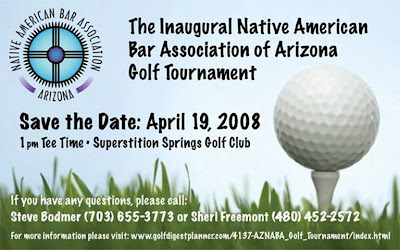A new course designed to help law students improve their performance on the Arizona Bar Exam has been organized for next semester by Professor Michael Berch of the Sandra Day O’Connor College of Law.
Passage of the grueling Bar Exam is required before law-school graduates are allowed to practice law and is usually taken late in the summer after graduation. “This course was put together in response to requests by the third-year law students,” Berch said. “They have wanted something like this for a long time. We will look at the past five years of bar exams and, when we find a pattern of questions, we’ll be highlighting those patterns.”
The free, non-credit course will be taught by Berch and 16 other law professors and adjuncts. It will meet from 3:30-6 p.m. on Fridays, beginning Jan. 18, and requires no registration. Third-year law students who will graduate in May, first- and second-year students who want a preview of exam preparation, as well as any previous graduates still preparing to take the exam, are all welcome to attend. Each session will give an overview of a section of the bar, including real property, Constitutional law, evidence, community property, torts, criminal procedure/constitutional aspects, criminal law, contracts, professional responsibility, trusts and wills, civil procedure and corporations, partnerships and other business organizations. A four-person panel will discuss studying for the bar. Students can come to one session or all.
Professor Alan Matheson said his session will cover the basics of Arizona community property law, including the difference between community property and separate property for married persons; management and control for each spouse; community debts and separate debts; pensions; insurance; division of assets at death and at divorce; joint tenancy and its relationship to community property; joinder; gifts; duty to spouses; and other issues. “For those who have already taken the community property course, this will be a review,” Matheson said. “For others, it will be an introduction to this important area of the law that is on the Arizona Bar Examination at each offering.”
Professor Bob Bartels will cover evidence. “I think it should be possible to identify and discuss some points about how to approach bar-exam evidence questions that will add to the standard bar-review lectures,” Bartels said.
Professor Gary Lowenthal will cover substantive criminal law. “This is one of the core subjects on both the essay and the multistate portions of the bar exam,” Lowenthal said. “This course will provide students with a valuable framework for the bar exam, and will give them a strategic advantage when they begin to study for the bar during the summer.”
Berch said the course is not intended to replace the more intense bar review courses offered by private companies, but instead would supplement those courses. “The bar-prep courses are often straight lectures, and I hope these will be more interactive, allowing students to ask questions,” Berch said.
The schedule is:
- Jan. 18 – Civil Procedure – Michael Berch
- Jan. 25 – Real Property – Jones Osborn
- Feb. 1 – Corporations, Partnerships & Other Business Organizations – Myles Lynk
- Feb. 8 – Studying for the Bar Exam –
Art Hinshaw, Chad Noreuil, Rebecca Berch and Corie Rosen
- Feb. 15 – Constitutional Law/Arizona and Federal – Paul Bender
- Feb. 22 – Contracts – Jonathan Rose
- Feb. 29 – Community Property – Alan Matheson
- March 7 – Torts – Betsy Grey
- March 14 – No class – Spring Break
- March 21 – Criminal Procedure/Constitutional Aspects – Carissa Hessick
- March 28 – Criminal Law – Gary Lowenthal
- April 4 – Trusts & Wills – John Becker
- April 11 – Professional Responsibility – John Tuchi
- April 18 – Evidence – Bob Bartels
- A Uniform Commercial Code course offered by Dale Furnish will be announced at a later date.



